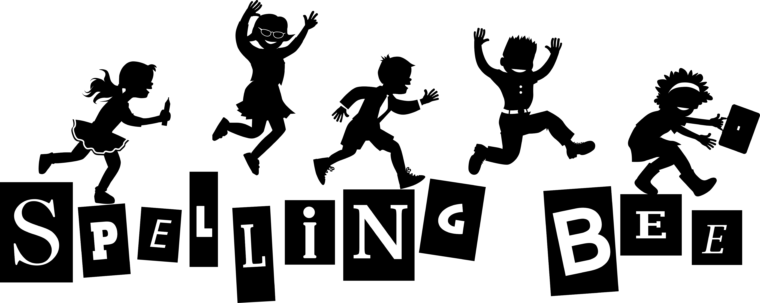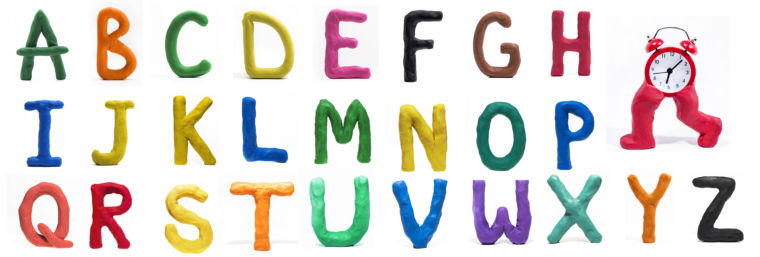Anyone who can only think of one way to spell a word obviously lacks imagination. ~ Mark Twain

The letter for today is S and the word is SPELLING.

Each letter of the alphabet is a steadfast loyal soldier in a great army of words, sentences, paragraphs, and stories. ~ Vera Nazarian

Starting today and for the next 25 days, I will discuss something pertaining to reading and learning difficulties beginning with a letter of the alphabet… going from A to Z.
Today’s word is ALPHABET.
Every year, on January 1, many people set New Year’s resolutions for the upcoming days of that year. Unfortunately, for most of them, those promises are forgotten by January 31 of that same year.

Recently, I learned to think about my productivity for each quarter, rather than for the entire year. Somehow, that makes setting and achieving my goals less daunting.
July marks the beginning of the third quarter, and the middle of the year. So, if you did not achieve your goals for the past two quarters, this is a great time to start over.
As I reviewed the first half of 2020 and thought about what I would do differently, I resolved to resume my blog posts.
To hold myself accountable, I am committing, publicly, to write one post for every day in July 2020.
In my endeavor to help parents of dyslexic children decrease the frustration, cut the overwhelm and move their children from struggle to success – in school and life, I will be sharing aspects of my journey with my dyslexic daughter, through my writing.
If you’re wondering what dyslexia is, I’d like to tell you, first, what it is not. It is not a disease, so another child cannot “catch” it, nor can the dyslexic child be cured of it. It is not the result of bad parenting, poor schooling, laziness, or any other social or psychological deficiency.
Researchers have attributed the characteristics of those identified with dyslexia to different brain activity patterns. Because of this, they are excellent at seeing the big picture while struggling with the details.
Regrettable, the first things they are expected to learn are details like the alphabet, spelling, reading, and math computation. Learning concepts come much later, and many times, are bogged down and judged by their challenges with the details.
As she tells her story in the video below, Kendi Kamanja Oketch gives a riveting account of her experience as a dyslexic child in school and the workplace, before finding out why she struggled with simple things but excelled in some complex areas.
If you know of or have a child who struggles in school, is called lazy by his teachers, and told he needs to work harder, it is very likely he is dyslexic. Be encouraged. There is light at the end of the tunnel, and if you stay tuned here, I’ll illuminate the path with some of the lamps I used with my daughter.
What exceptional non-academic abilities have you seen in your child who struggles with school work?

Throughout my childhood and teenage years, my nickname was “bookworm.”
I devoured books. It seemed.
Every Friday, after her weekly shopping, my mom would go to the Christian bookstore and buy me a book. I read this, in addition to the ones I borrowed from the library.
Oh the dreams I had… the places I went… the people I met.
But I had one problem.